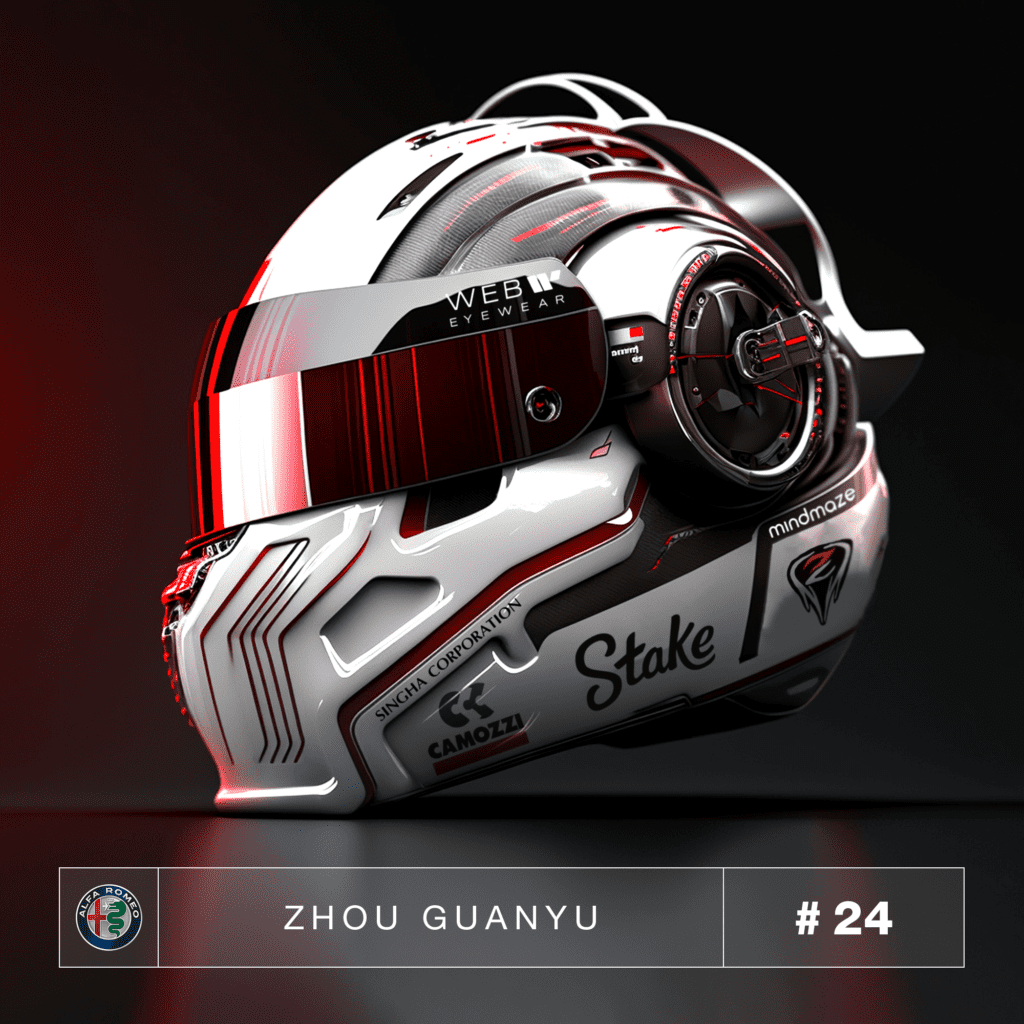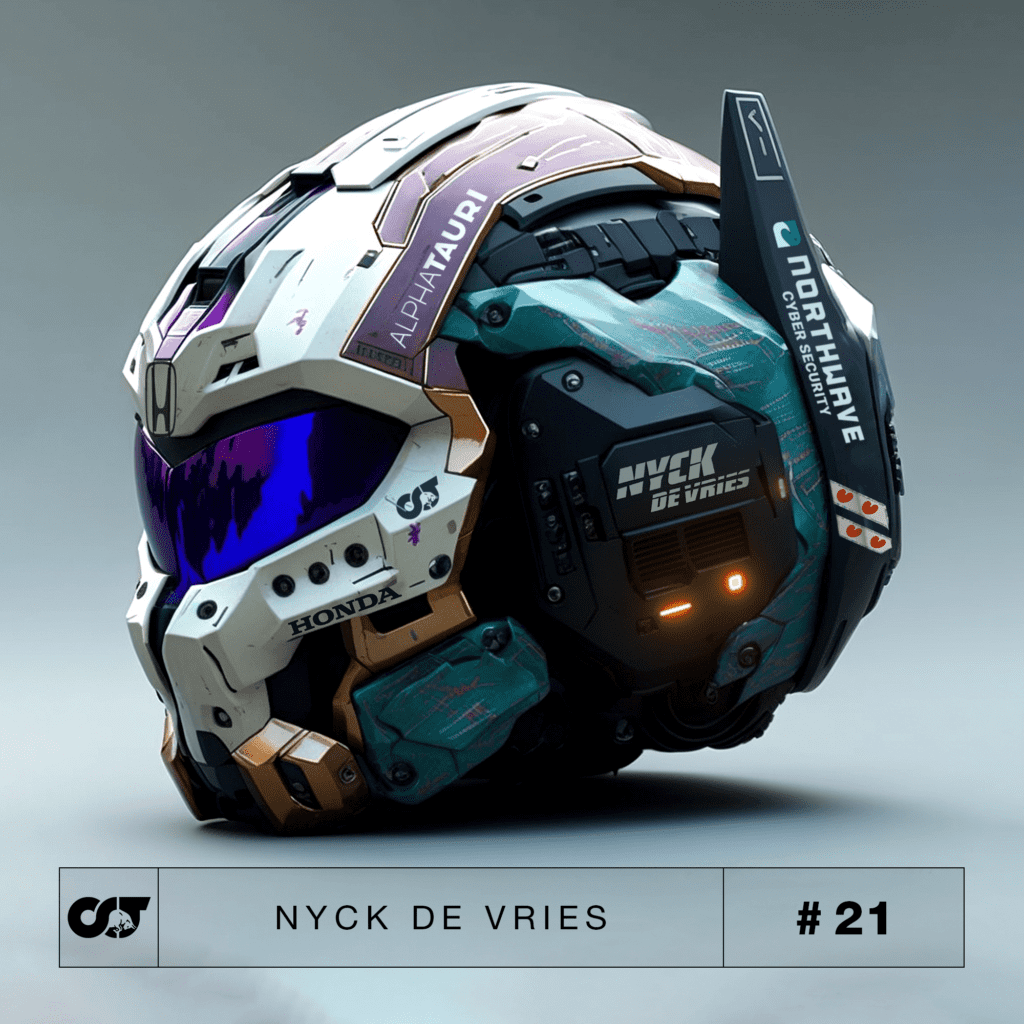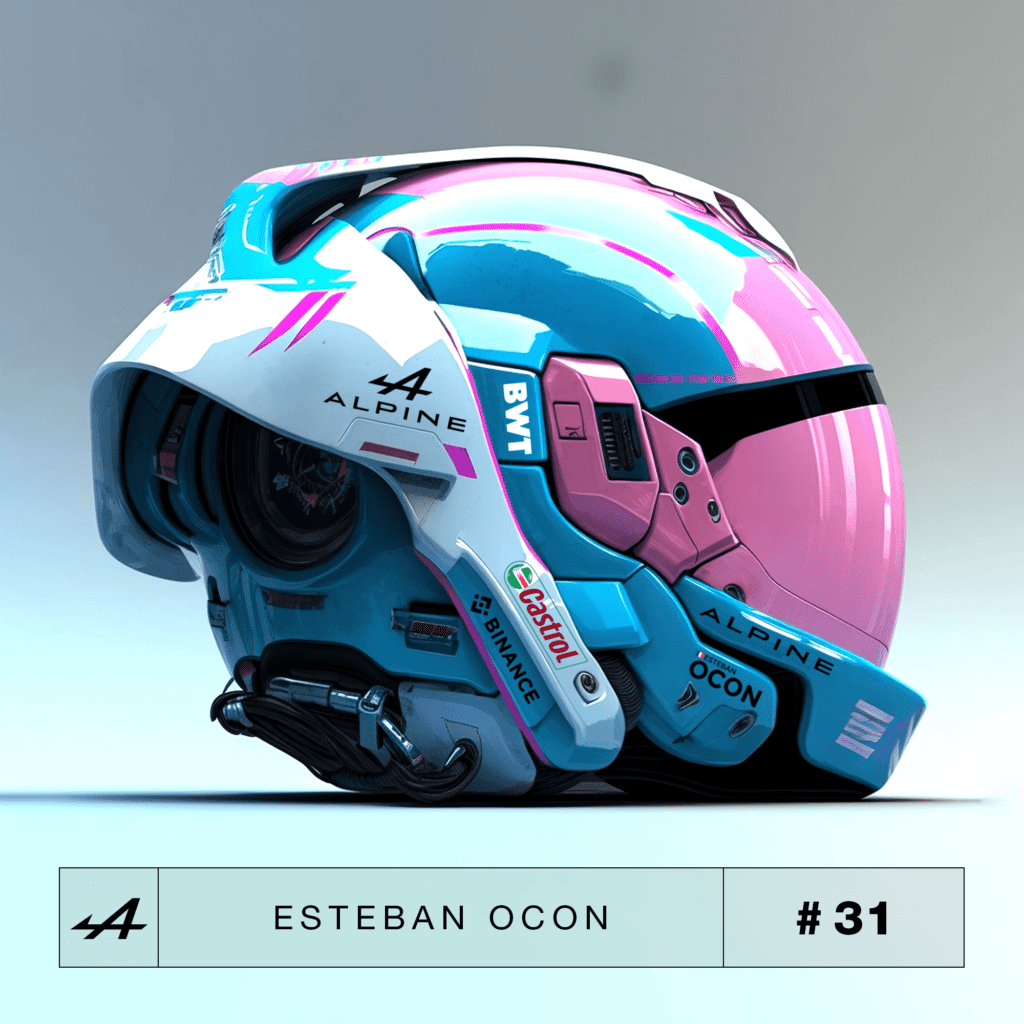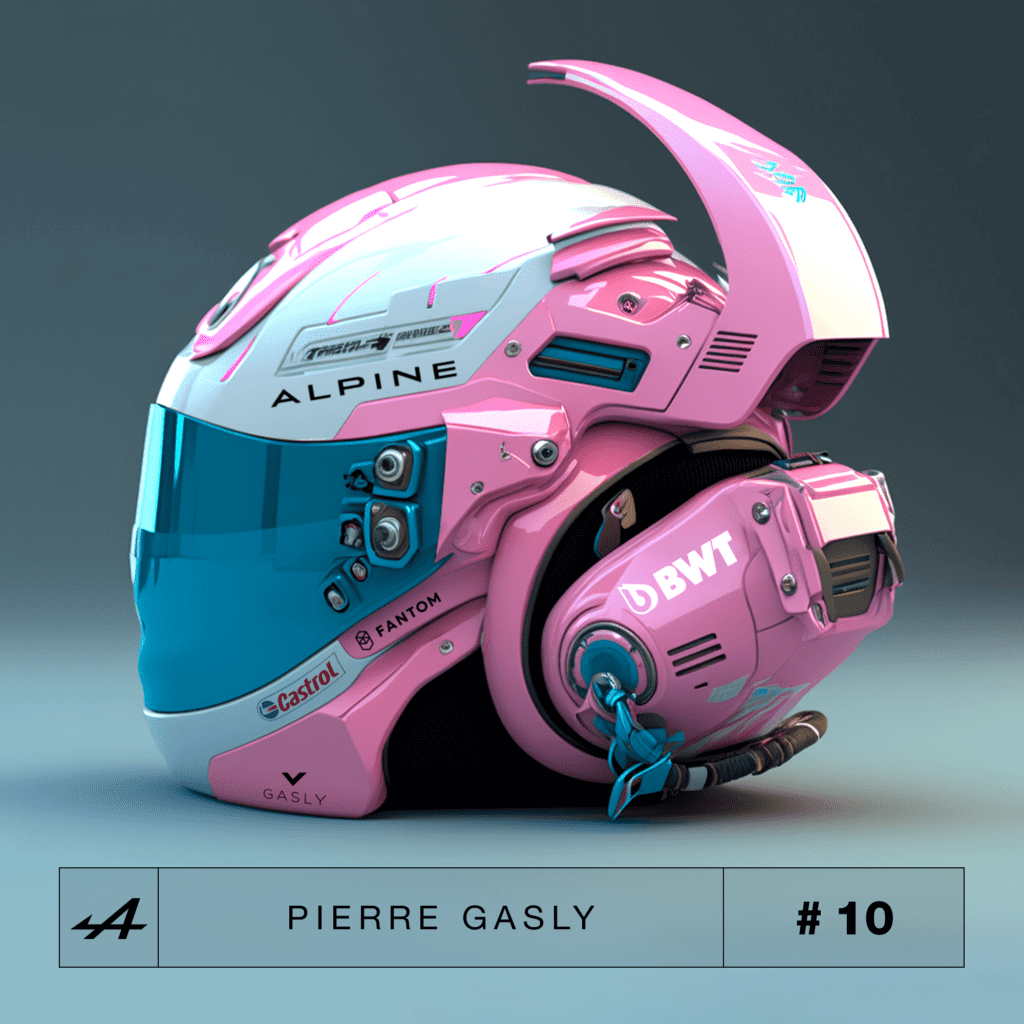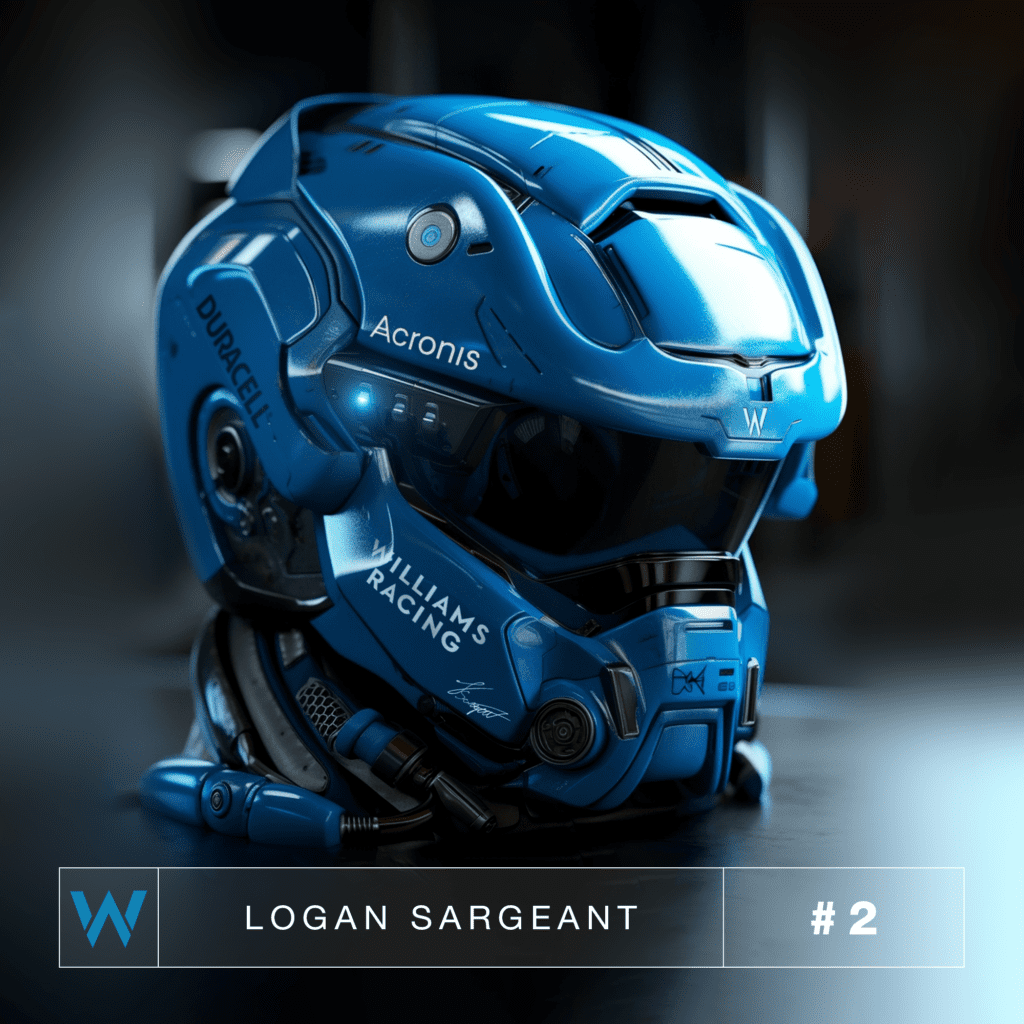Legal Considerations for NFTs: Safeguarding Intellectual Property in the Digital Age
Fast Facts:
- NFTs have surged in popularity, raising numerous legal concerns regarding ownership, copyright, trademark, and licensing.
- Determining ownership of an NFT depends on the specific terms of the sale and can vary from owning the digital asset alone to also possessing the underlying intellectual property rights.
- Copyright issues arise with NFTs, as questions emerge regarding the ownership of the copyright to the digital asset being sold, which may or may not be transferred to the buyer.
- Trademark law becomes relevant when NFTs incorporate trademarked images or brands, requiring permission from the trademark owner to use or display such NFTs.
- Licensing agreements may be associated with NFTs, granting buyers the right to use the NFT while the underlying intellectual property remains with the creator.
The explosive growth of non-fungible tokens (NFTs) has ushered in a myriad of legal inquiries. With concerns encompassing ownership, copyright, trademark, and licensing, the legal landscape surrounding NFTs has become a convoluted and ever-evolving domain. This article delves into the intricate legal issues at play in the world of NFTs and provides valuable guidance for creators and buyers navigating this complex terrain.
Ownership: Defining Digital Asset Rights
When purchasing an NFT, the question of ownership looms large. The extent of ownership hinges on the specific terms of the sale and the nature of the NFT. Some NFT purchases confer ownership of both the digital asset and the underlying intellectual property (IP), akin to acquiring a physical artwork with its associated copyright. Conversely, certain NFTs may grant buyers a license to utilize the digital asset without transferring ownership of the IP itself. Clarity surrounding ownership terms is vital for both creators and buyers to ascertain their rights and ensure the intended usage and sale align with the acquired NFT.
Copyright: Safeguarding Digital Artistic Expression
NFTs raise pertinent questions about copyright ownership. Under copyright law, the creator holds exclusive rights to reproduce, distribute, and create derivative works based on the original creation, including the right to sell or license the work. In the context of NFTs, it remains essential to determine the copyright status of the digital asset being sold. While some creators retain copyright ownership, others may transfer the copyright to the buyer alongside the NFT purchase. Understanding the copyright implications is crucial for both creators and buyers, allowing them to assert their rights and ensure lawful usage and sale of the NFT.
Trademark: Navigating Brand Associations
Trademark law assumes relevance when NFTs incorporate trademarked images or brands. Such utilization may necessitate obtaining permission from the trademark owner to sell or display NFTs featuring their trademarked properties. Buyers, on the other hand, may encounter limitations on how they can employ and showcase NFTs incorporating trademarked elements. Awareness of trademark implications is imperative for creators and buyers alike, preventing unauthorized usage and safeguarding against legal complications.
Licensing: Understanding Usage Rights
Licensing poses another legal concern in the realm of NFTs. In some instances, NFTs may be licensed to buyers instead of being sold outright, granting the right to use the NFT without transferring the underlying IP ownership. Familiarity with the terms and conditions associated with NFT licenses empowers creators and buyers to comprehend the permissible usage and display of the NFT.
“Understanding the legal intricacies of NFTs is crucial for creators and buyers alike to ensure their rights are protected and to navigate the evolving legal landscape with confidence.”
As the popularity of NFTs continues to surge, the legal landscape surrounding these digital assets becomes increasingly complex. To navigate this labyrinth successfully, creators and buyers must gain clarity on ownership terms, copyright implications, trademark considerations, and licensing agreements. With meticulous attention to these legal aspects, the NFT community can thrive while safeguarding intellectual property rights and minimizing legal risks.



